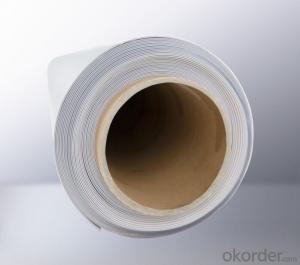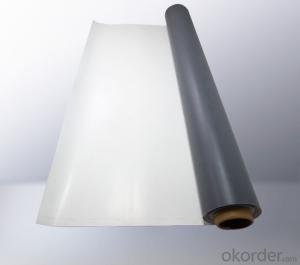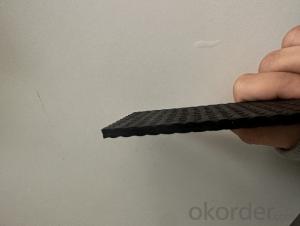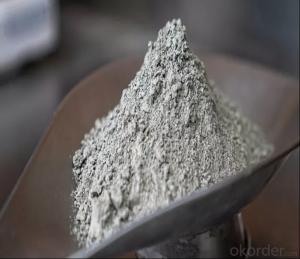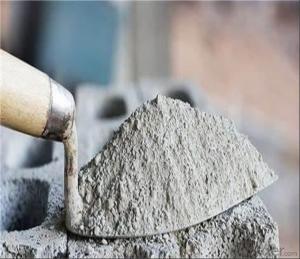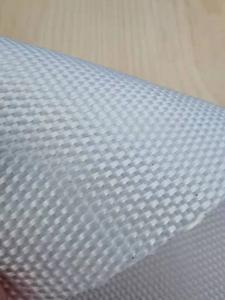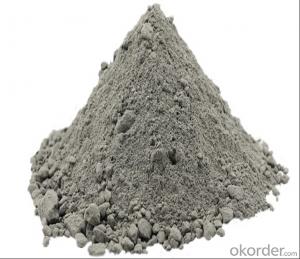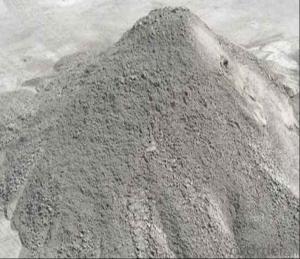Thermoplastic Polyolefin Waterproof Membrane (TPO Waterproof Membrane)
- Loading Port:
- Tianjin
- Payment Terms:
- TT or LC
- Min Order Qty:
- 5000 m²
- Supply Capability:
- 100000 m²/month
OKorder Service Pledge
OKorder Financial Service
You Might Also Like
TPO Waterproof Membrane
TPO is a waterproofing sheet, consisting of thermoplastic polyolefin, and compound resin materials as the base stock, reinforced with polyester mesh fabric.
Product Applications:
● Various roofing waterproof projects, such as industrial and civil buildings,
● Mechanically attached waterproofing system.
Product Advantages:
1. Weather resistance and durability; Excellent weld ability;
2. No any crisp agents to prevent materials brittleness;
3. Intermediate enhanced polyester mesh fabric to have high tensile strength, fatigue resistance and penetrating resistance suitable for mechanically attached roofing systems;
4. Excellent the same high and low temperature resistance as rubber materials which can keep flexible at -50° C and keep mechanical strength in high temperature;
Main Product Features:
1.. Excellent chemical resistance to acids, bases, and restaurant exhaust emissions; Dimension stability;
2.. White-based light-color and smooth surface with high reflection, energy saving and anti-dust functions;
3. Use heat welding for the seam areas to form a reliable seamless waterproof layer.
Product Specifications:
1.Thickness: 1.2mm and 1.5mm
2.Width: 1m, 2m,2.4m etc
3.Length: 20m,25m or clients’requirement.
FAQ:
Q: Can I visit your company?
A: Yes, welcome to visit our enterprise.
Q: Can I do the third party testing before loading?
A: Yes, we could accept the third party testing.
Q: Which kind of payment in your company?
A: We could accept TT, LC at sight, etc.
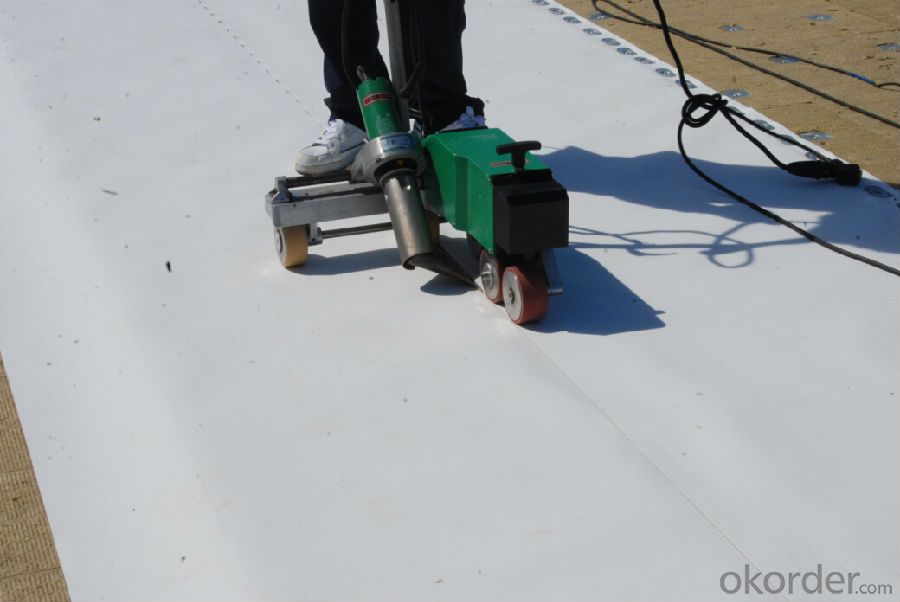
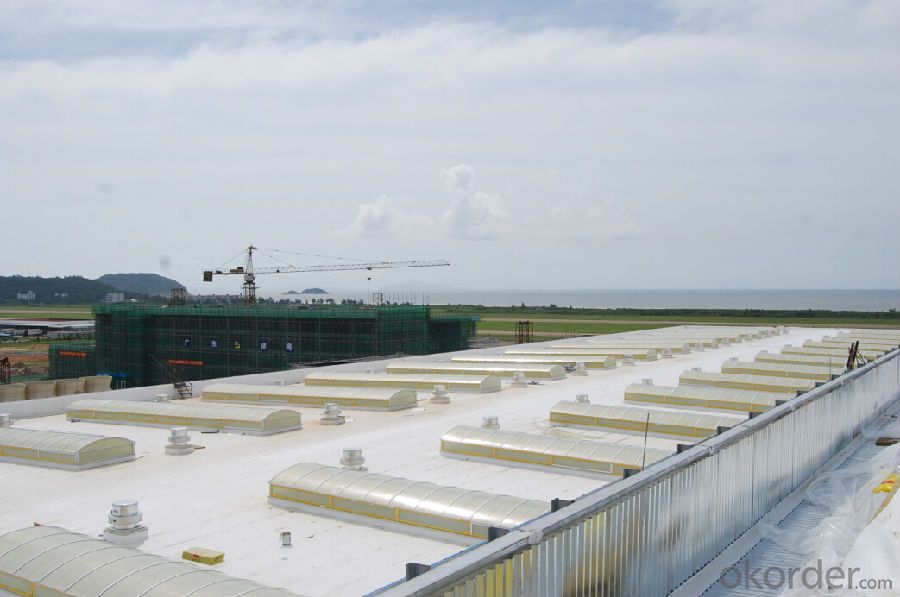
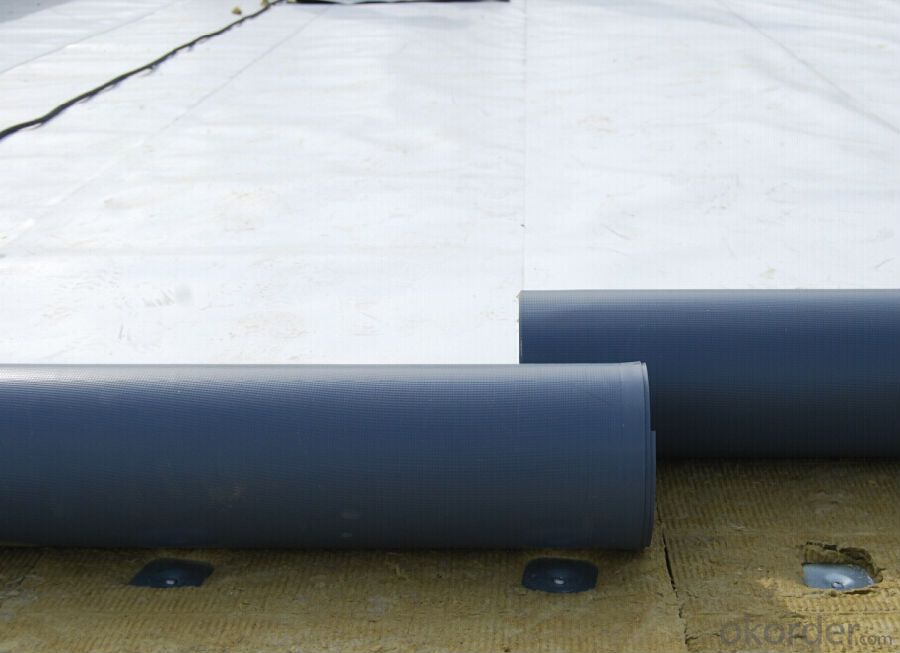
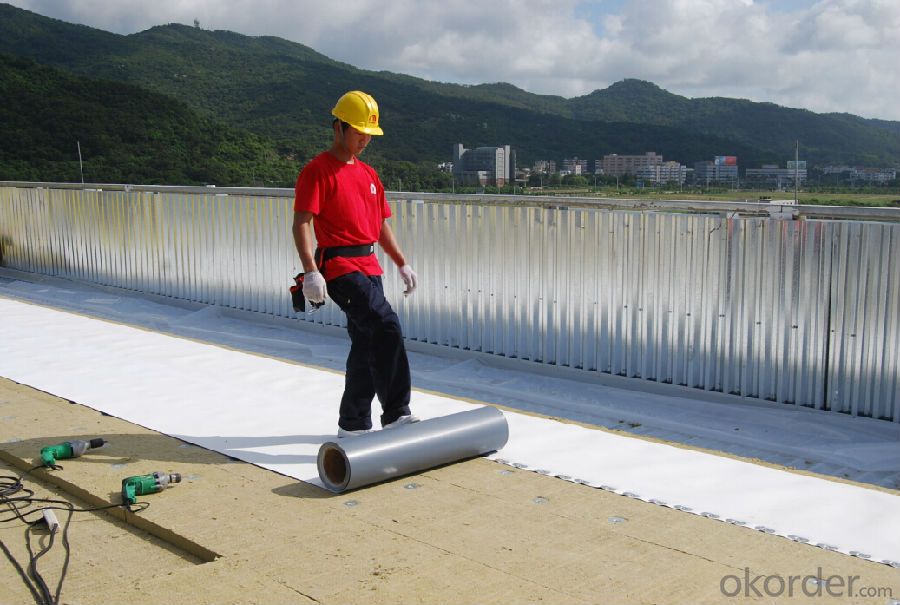
- Q:Are waterproofing membranes resistant to water vapor transmission?
- Waterproofing membranes possess a resistance to the transmission of water vapor. These membranes function to construct a barrier, effectively hindering water penetration. Typically composed of impermeable materials like rubber, plastic, or bitumen, they effectively obstruct the flow of liquid water, preventing its infiltration into the underlying structure. Nevertheless, it is worth noting that although waterproofing membranes can effectively resist the transmission of water vapor, it may not entirely eradicate it. A certain degree of water vapor may still manage to permeate the membrane, albeit significantly reduced in comparison to materials not specifically intended for waterproofing.
- Q:Can a waterproofing membrane be used in high-traffic areas, such as decks or balconies?
- Yes, a waterproofing membrane can be used in high-traffic areas such as decks or balconies. Waterproofing membranes are designed to provide a protective barrier against water and moisture, making them ideal for areas that are exposed to the elements. These membranes are durable and can withstand foot traffic, making them suitable for high-traffic areas. They are often used in outdoor spaces like decks and balconies to prevent water damage to the underlying structure and ensure long-term structural integrity. Additionally, some waterproofing membranes are specifically designed to be slip-resistant, adding an extra layer of safety in high-traffic areas. Overall, using a waterproofing membrane in high-traffic areas is an effective way to protect and extend the lifespan of these surfaces while maintaining their functionality and aesthetics.
- Q:Does a waterproofing membrane provide any insulation against heat or cold?
- A waterproofing membrane, in itself, does not offer any insulation against heat or cold. Its primary purpose is to stop water infiltration into the building, but it lacks the ability to regulate temperature. Temperature control is usually accomplished by incorporating separate materials like foam boards, fiberglass, or other thermal barriers alongside the waterproofing membrane. These additional elements provide thermal resistance and regulate temperature.
- Q:Can a waterproofing membrane be used for dams?
- A waterproofing membrane is suitable for dams, which are constructions designed to retain water and form reservoirs. It is of utmost importance to guarantee that these structures are impenetrable to water to avoid leakage and potential harm. In the construction of dams, it is typical to utilize waterproofing membranes as a safeguard against water infiltration, which could lead to erosion or compromise the structural integrity. These membranes are typically composed of resilient materials like rubber or reinforced PVC, engineered to withstand water pressure and endure over time. Furthermore, the installation of a waterproofing membrane also aids in mitigating the potential risk of seepage and leakage in the dam, ensuring the overall structure's safety and efficacy.
- Q:Are waterproofing membranes suitable for below-grade applications?
- Waterproofing membranes are well-suited for below-grade applications, as they are specifically designed to prevent water infiltration into structures below ground level, such as basements, foundations, and retaining walls. These membranes are constructed using durable materials, capable of withstanding soil and water pressure, thus providing long-term protection against leaks and water damage. Typically, they are installed on the exterior side of below-grade structures to create a barrier that blocks water from permeating the walls or floors. Moreover, waterproofing membranes possess flexibility, allowing them to accommodate structural movements, ensuring their effectiveness even in challenging below-grade environments. In summary, waterproofing membranes serve as a dependable and efficient solution for safeguarding below-grade structures from water intrusion.
- Q:SBS waterproofing membrane sub-class I and II when to use what level to use a secondary level
- Classification: According to physical indicators are divided into: Ⅰ (-20 ℃), Ⅱ (-25 ℃) type two categories; According to the fetal base can be divided into: polyester tires, glass fiber tire two categories; according to the surface material can be divided Waterproof sheet
- Q:Can a waterproofing membrane be used on masonry surfaces?
- Yes, a waterproofing membrane can be used on masonry surfaces. It is a common practice to apply waterproofing membranes on masonry surfaces to prevent water penetration and protect the structure from moisture damage.
- Q:Are waterproofing membranes resistant to chemicals?
- Yes, waterproofing membranes are generally resistant to chemicals. These membranes are designed to provide a protective barrier against water infiltration and are typically made from materials such as PVC, TPO, or EPDM which have excellent chemical resistance properties. They are specifically engineered to withstand exposure to various chemicals, including acids, alkalis, solvents, and oils, without deteriorating or being damaged. This chemical resistance ensures that waterproofing membranes can maintain their integrity and effectiveness in environments where chemical exposure is common, such as industrial settings, laboratories, or chemical storage areas. However, it is important to note that the specific chemical resistance capabilities can vary depending on the type and quality of the waterproofing membrane, so it is crucial to choose the appropriate membrane that suits the specific chemical exposure requirements of the project.
- Q:Can waterproofing membranes be applied on roofs?
- Yes, waterproofing membranes can be applied on roofs. In fact, they are commonly used in the construction industry to provide an extra layer of protection against water infiltration. These membranes are typically made of synthetic materials such as PVC, TPO, or EPDM, which are highly resistant to water and can effectively prevent leaks and water damage on roofs. The application of waterproofing membranes on roofs is a proven method to enhance the longevity and durability of the roofing system, especially in areas prone to heavy rainfall or extreme weather conditions. Additionally, waterproofing membranes are flexible and can be easily installed on various types of roofing materials, including concrete, metal, or asphalt shingles. Therefore, if you want to ensure a watertight roof and protect your property from water-related issues, using waterproofing membranes is a reliable and effective solution.
- Q:Can a waterproofing membrane be used for a basement floor slab?
- Yes, a waterproofing membrane can be used for a basement floor slab. Waterproofing membranes are commonly used to prevent water infiltration and moisture issues in basements, including protecting the floor slab from water seepage. By installing a waterproofing membrane beneath the basement floor slab, it creates a barrier that prevents water from penetrating the concrete and causing damage. This helps keep the basement dry and free from moisture-related problems.
1. Manufacturer Overview |
|
|---|---|
| Location | |
| Year Established | |
| Annual Output Value | |
| Main Markets | |
| Company Certifications | |
2. Manufacturer Certificates |
|
|---|---|
| a) Certification Name | |
| Range | |
| Reference | |
| Validity Period | |
3. Manufacturer Capability |
|
|---|---|
| a)Trade Capacity | |
| Nearest Port | |
| Export Percentage | |
| No.of Employees in Trade Department | |
| Language Spoken: | |
| b)Factory Information | |
| Factory Size: | |
| No. of Production Lines | |
| Contract Manufacturing | |
| Product Price Range | |
Send your message to us
Thermoplastic Polyolefin Waterproof Membrane (TPO Waterproof Membrane)
- Loading Port:
- Tianjin
- Payment Terms:
- TT or LC
- Min Order Qty:
- 5000 m²
- Supply Capability:
- 100000 m²/month
OKorder Service Pledge
OKorder Financial Service
Similar products
New products
Hot products
Hot Searches
Related keywords
